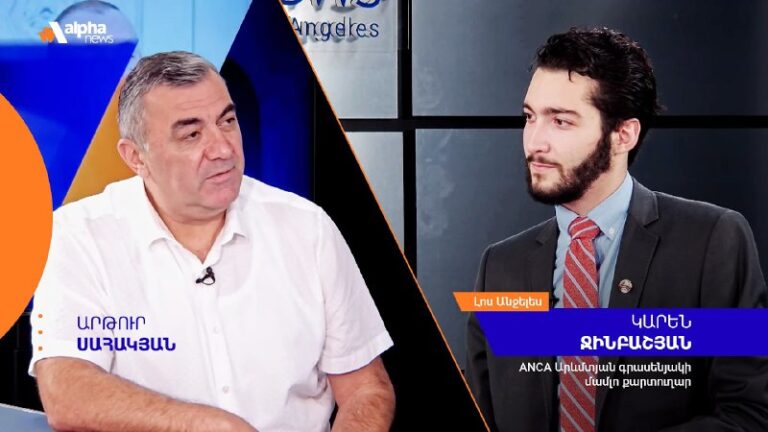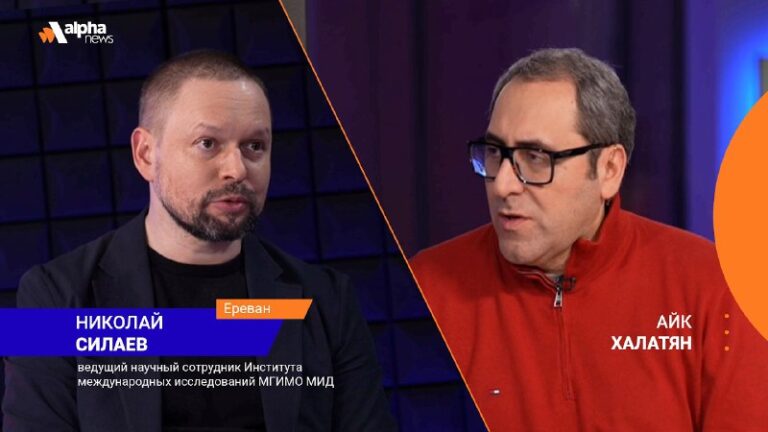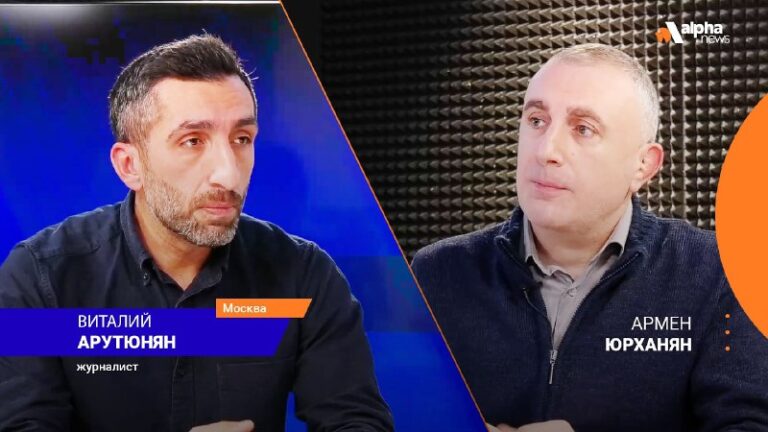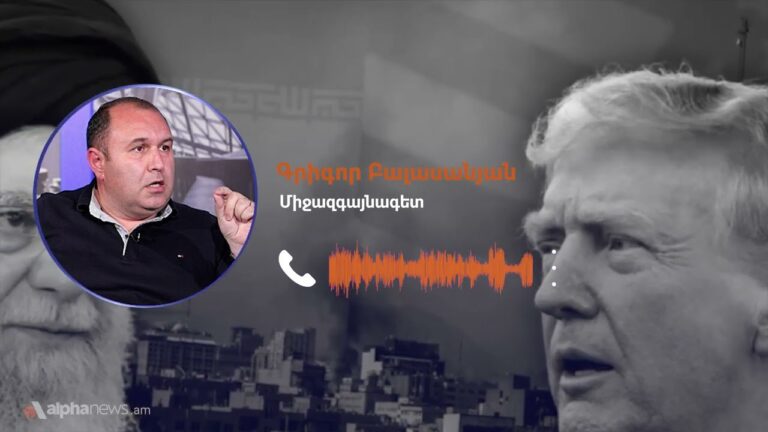State Department does not like events in which it does not participate, Timofey Bordachev on the US reaction to ‘3+3’ negotiations
Program director of the Valdai Club Timofey Bordachev commented to Alpha News on the meeting in the ‘3+3’ format and the State Department’s reaction to these negotiations.
According to the expert, the ‘3+3’ format is a kind of negotiation environment within which it is more difficult for interested parties to unilaterally interpret political events.
“From the point of view of Russian foreign policy, I consider this format positive. Because Russia should look at regional situations not in terms of bilateral relations with its partners but in terms of the overall regional alignment of forces. And therefore, of course, the involvement of Iran and Turkiye in the diplomatic process is good, despite all the assumptions, the limited capabilities, or the lack of sincerity of individual participants. For Russia, this is also good, because in this negotiation environment it becomes more difficult for interested parties to unilaterally interpret information or political events.
And I would strongly welcome the preservation and development of this format. It is obvious that Russia and Iran are interested in this, but as for Turkiye, Azerbaijan, and Armenia, it is not entirely clear. We will see. In the end, this is the task of Russian diplomacy,” Bordachev noted.
According to the expert, the conflict between Armenia and Azerbaijan can be resolved gradually.
“The conflict between Armenia and Azerbaijan can be resolved gradually by integrating both of them into broader regional formats or by joining other integrations, for example, the EAEU, where Azerbaijan is not yet participating,” the expert said.
Referring to the statements of the State Department that the US does not see reliable partners in Russia and Iran, the expert said that the US does not like events in which it does not participate.
“They have no reason to rejoice because they were not invited. And they do not like events in which they do not participate. This is the law of their foreign policy. They are not interested in the issue itself. They are interested in whether they were invited or not,” Bordachev concluded.







